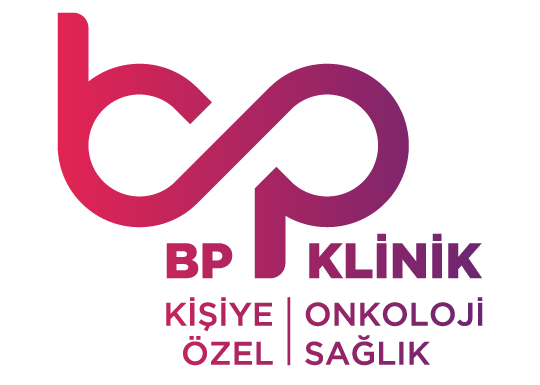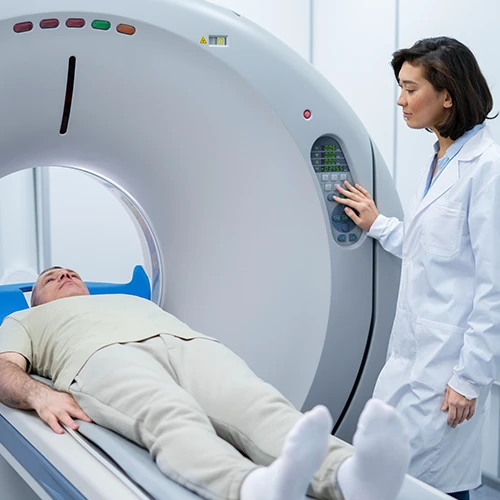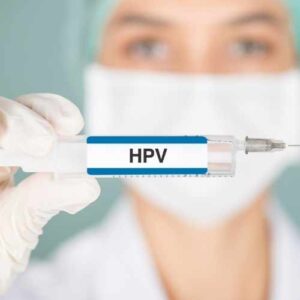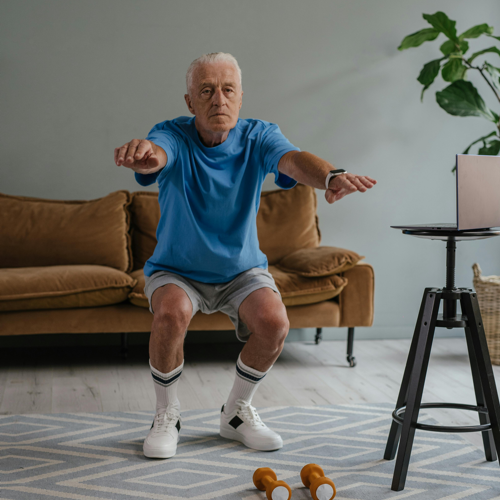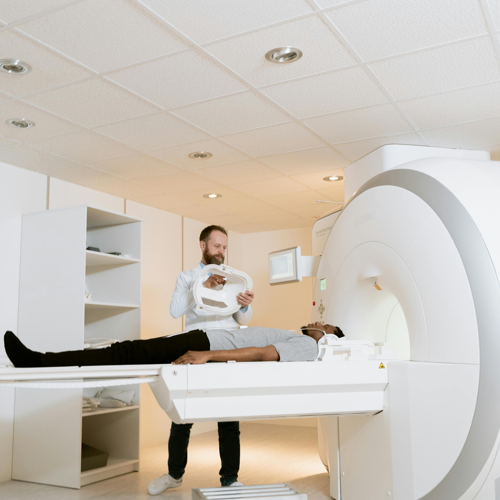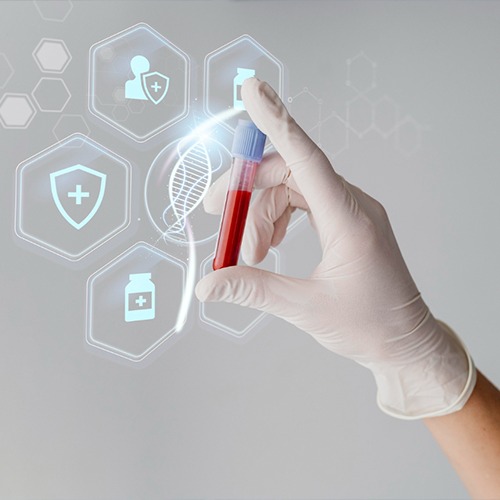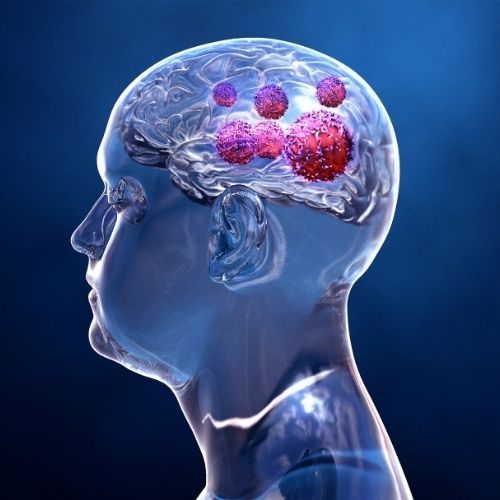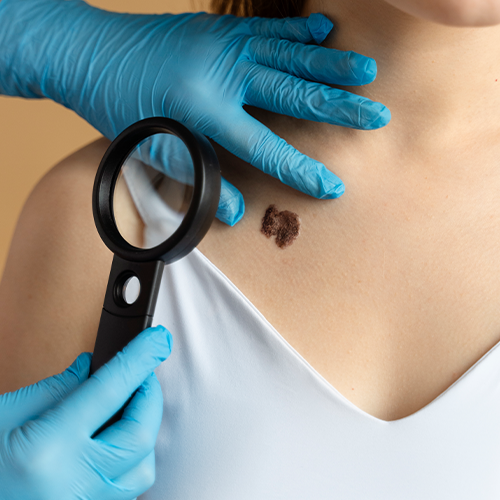Radiosurgery or Surgery?
There is no need to be afraid of radiosurgery. Radiosurgery doesn’t involve cutting or drilling. In radiosurgery, tumor is eliminated by giving high-dose rays onto it. That’s why it’s called radiosurgery. During radiosurgery, the patient does not feel pain. The whole treatment gives results after only a couple of weeks, which is a much shorter…

